Books
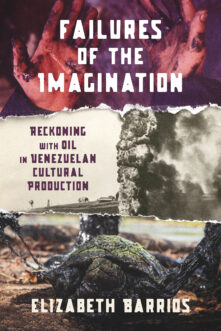
Failures of the Imagination
Reckoning with Oil in Venezuelan Cultural Production

Wallace in the Field
Ethnographic Expeditions and the Rise of Anthropology
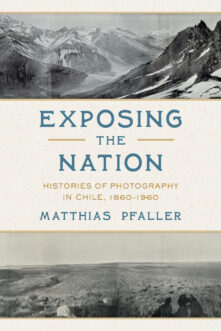
Exposing the Nation
Histories of Photography in Chile, 1860–1960
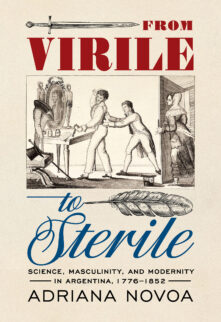
From Virile to Sterile
Science, Masculinity, and Modernity in Argentina, 1776–1852
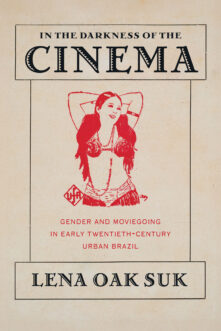
In the Darkness of the Cinema
Gender and Moviegoing in Early Twentieth-Century Urban Brazil
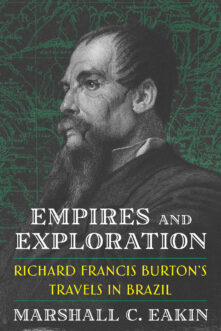
Empires and Exploration
Richard Francis Burton's Travels in Brazil
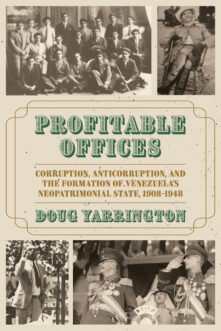
Profitable Offices
Corruption, Anticorruption, and the Formation of Venezuela’s Neopatrimonial State, 1908-1948
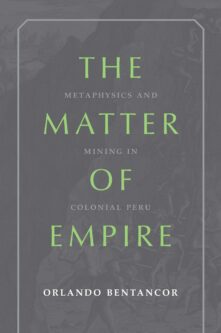
The Matter of Empire
Metaphysics and Mining in Colonial Peru
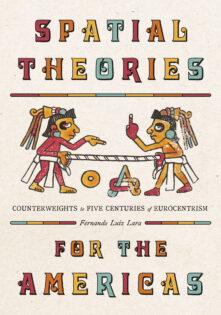
Spatial Theories for the Americas
Counterweights to Five Centuries of Eurocentrism
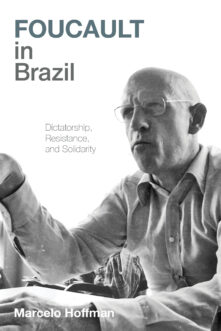
Foucault in Brazil
Dictatorship, Resistance, and Solidarity
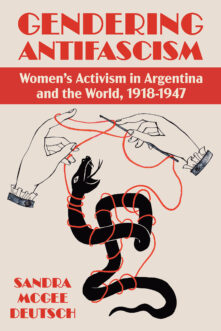
Gendering Antifascism
Women's Activism in Argentina and the World, 1918-1947
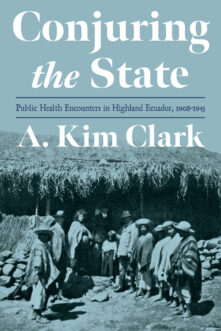
Conjuring the State
Public Health Encounters in Highland Ecuador, 1908-1945

Inka Bird Idiom
Amazonian Feathers in the Andes
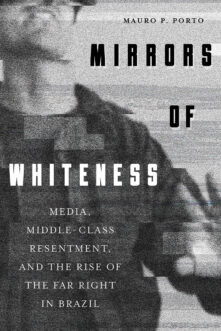
Mirrors of Whiteness
Media, Middle-Class Resentment, and the Rise of the Far Right in Brazil
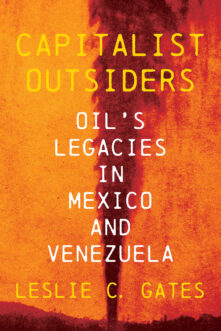
Capitalist Outsiders
Oil's Legacies in Mexico and Venezuela
Total 74 results found.

